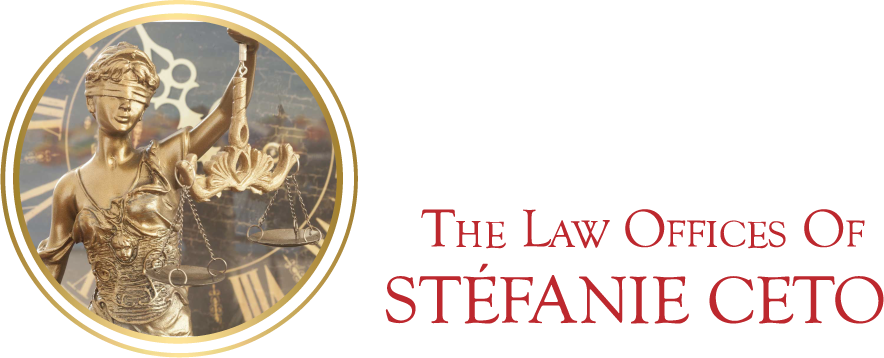
Every personal representative should keep complete and accurate records of all matters dealing with administration of the estate until he or she has been discharged.
An Inventory of the Assets of the Estate is due within six months after the personal representative is appointed. The Inventory includes an itemized list of all property owned by the decedent at the time of death subject to estate administration. It also includes a statement of the approximate value of the assets.
An Annual Return is an accounting due within sixty days of the anniversary of the personal representative’s appointment date, each and every year until he or she has been discharged. A final Return is due with the Petition for Discharge. Each Return is an accounting, under oath, of the receipts and expenditures on behalf of the estate during the year preceding the anniversary date, together with a statement of any facts necessary to show the true condition of the estate.
The personal representative must certify that he or she has mailed a copy of each Return to each heir, if the decedent died without a will, or to each beneficiary, if the decedent died with a will. An exception exists where the heir or beneficiary has signed a written waiver of the right to receive the Return.
Closing the Estate
The personal representative should file, either personally or through an estate attorney, a Petition for Discharge with the probate court, requesting discharge from office and all liability. The Petition may be filed after all duties have been completed: payment of debts, taxes and expenses; filing and auditing (if required) of all tax returns; and distribution of all remaining assets.
The Order for Discharge formally closes the estate and discharges the personal representative from office, terminating any duty to file additional returns and releasing the personal representative from liability.
